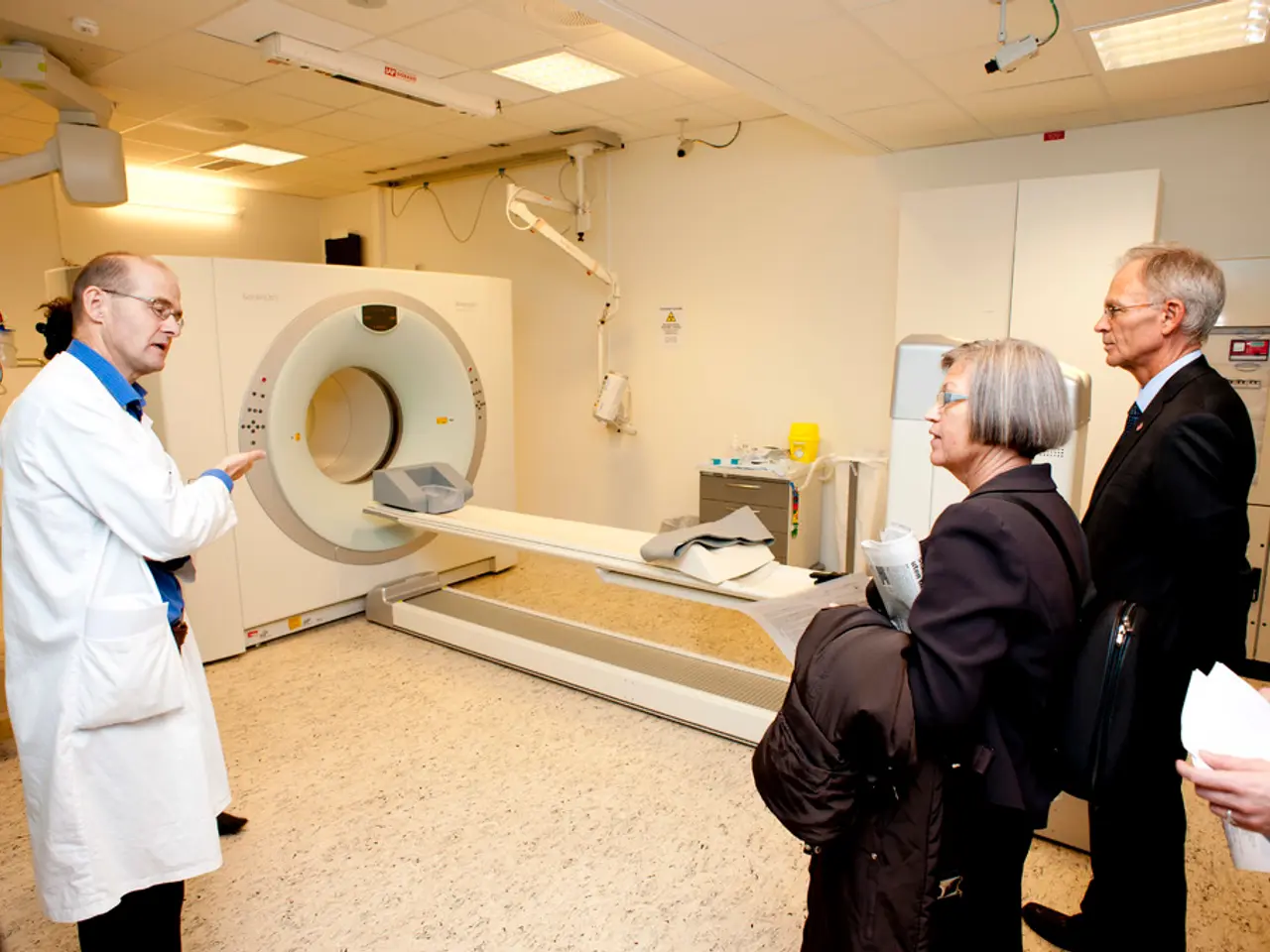Degree in Applied Science: Unleash Your Career Opportunities
An Associate Degree in Applied Science (AAS) is becoming increasingly valuable in today's job market, as employers prioritize candidates with practical skills and real-world experience. This versatile degree opens doors to a multitude of high-demand fields, including healthcare, information technology, engineering technology, and business.
With an AAS, you can pursue various technical and healthcare-related jobs that generally require specialized skills and offer solid career prospects, including good salaries and growth potential.
Industrial Engineering Technician
Assist engineers with manufacturing processes, quality control, and operational improvements. The median salary for this role is approximately $64,790 per year, and job growth is projected at 4% from 2023 to 2033. Practical skills and certifications like Six Sigma can improve opportunities.
Healthcare Roles
Many healthcare roles are accessible with an AAS in applied health sciences. For instance, Respiratory Therapists earn a median salary of around $77,800, with a 13% projected job growth. They are involved in patient care and treatment plans for breathing issues. Patient Services Representatives handle scheduling, billing, and patient support, with a median salary of about $35,700. Medical Transcriptionists prepare medical documents from recordings, earning a median salary of roughly $54,000.
Technical/Technology Roles
Computer Technicians, who earn a median salary of ~$43,700, troubleshoot hardware and software issues and provide technical support. Sonographers, who use imaging technology for diagnoses in healthcare settings, have a median salary of about $75,700.
Other High-Paying AAS Jobs
Air Traffic Controllers, Nuclear Technicians, Radiation Therapists, and Dental Hygienists require specialized training and offer strong earning potential. The median salary for an Air Traffic Controller is ~$144,580, while Nuclear Technicians and Radiation Therapists earn around $104,240 and $102,000, respectively. Dental Hygienists earn near $94,000.
An AAS degree prepares you for hands-on technical roles in growing industries such as manufacturing, healthcare, and technology. It often leads to stable employment with competitive wages and opportunities for advancement through further certification or education. Fields like healthcare and engineering technology show positive job growth, suggesting good demand for graduates.
In conclusion, an AAS degree equips students with job-ready skills, provides a shorter timeframe, and is cost-effective compared to traditional academic degrees. The ROI of an associate degree in applied science can be significant, with its potential to unlock career opportunities and provide a substantial return on investment. Employers are increasingly looking for candidates with specific skills, and an associate degree in applied science often equips students with those skills.
[1] Six Sigma certification: https://www.issa.com/six-sigma-certification [2] Medical Transcriptionist job information: https://www.bls.gov/ooh/healthcare/medical-transcriptionists.htm [3] Air Traffic Controller job information: https://www.bls.gov/ooh/transportation-and-material-moving/air-traffic-controllers.htm [4] Sonographer job information: https://www.bls.gov/ooh/healthcare/diagnostic-medical-sonographers.htm
- In the realm of business, an Associate Degree in Applied Science (AAS) can propel one into various high-demand careers, like Industrial Engineering Technician, offering a median salary of $64,790 and a projected job growth of 4%.
- The versatile AAS degree also opens doors to numerous healthcare roles, such as Respiratory Therapists and Patient Services Representatives, who earn median salaries of about $77,800 and $35,700, respectively, and have promising job growth.
- Technical and technology sectors also recognize the value of an AAS, with job roles like Computer Technicians and Sonographers offering salaries of around $43,700 and $75,700, respectively.
- Specialized roles like Air Traffic Controllers, Nuclear Technicians, Radiation Therapists, and Dental Hygienists also require an AAS and offer strong earning potential.
- Pursuing an AAS degree not only prepares students for career-readiness but also for further certification or education, leading to advancement opportunities in fields like education-and-self-development and career-development, enhancing skills-training for success in the 21st century.




